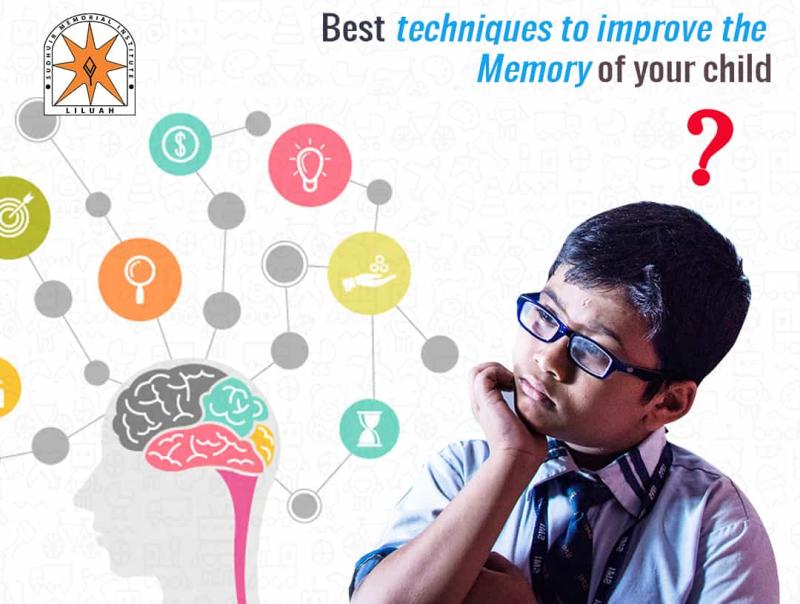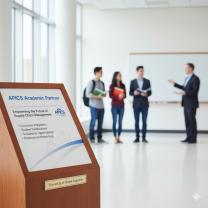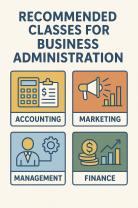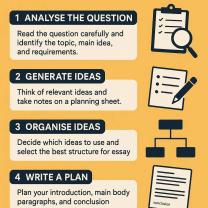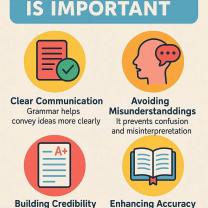What are the best memory techniques?
Several memory techniques can enhance recall and improve overall memory performance. Different techniques work for different people, so it's often helpful to experiment with a few to see which ones are most effective for you. Here are some popular and effective memory techniques:
Method of Loci (Memory Palace):
- Associate the information you want to remember with specific locations in a familiar place, like your home. Mentally walk through these locations to recall the information.
Visualization:
- Create vivid mental images related to the information you're trying to remember. The more colorful, unusual, and memorable the image, the better.
Mnemonics:
- Use memory aids such as acronyms, acrostics, or rhymes to remember lists or sequences. For example, "ROY G. BIV" is a mnemonic for the colors of the rainbow.
Chunking:
- Break down large amounts of information into smaller, manageable chunks. This helps improve short-term memory and makes it easier to recall details.
Association:
- Connect new information to something you already know. Creating associations helps establish links between different pieces of information, making it easier to retrieve.
Rhyming and Rhythm:
- Create rhymes or use rhythm to remember information. The rhythmic pattern can help with recall, especially for lists or sequences.
Storytelling:
- Turn the information into a story. Creating a narrative with a logical sequence can make the material more memorable.
Mind Maps:
- Use visual representations like mind maps to organize and connect ideas. This spatial organization can aid in memory recall.
Repetition and Review:
- Repeat the information multiple times and review it at spaced intervals. Repetition helps reinforce memory.
Active Learning:
- Engage actively with the material. Teaching the information to someone else, discussing it, or applying it in practical scenarios can enhance retention.
Dual Coding Theory:
- Combine verbal and visual information. For example, write down key points while also creating visual representations.
Memory Journals:
- Keep a journal or notebook where you write down important information or insights. The act of writing can reinforce memory.
Focus and Concentration:
- Minimize distractions and focus your full attention on the information you're trying to remember. Concentrated focus improves encoding and retention.
Use Multiple Senses:
- Engage multiple senses in the learning process. For example, listen to information while reading it or incorporate movement into your learning.
Healthy Lifestyle:
- Maintain a healthy lifestyle with regular exercise, sufficient sleep, and a balanced diet. Physical and mental well-being contribute to optimal cognitive function.
Experiment with these techniques, and consider combining them based on the type of information you're trying to remember. The key is to find what works best for you and integrate these techniques into your regular study or information retention routines.
- Effective Memory Enhancement Techniques:
Chunking: Break down large pieces of information into smaller, more manageable chunks. This makes it easier to process and store the information in your memory.
Mnemonic Devices: Create associations or visual cues to link new information to existing knowledge. For example, use acronyms or memory palaces to remember lists or complex concepts.
Elaboration: Expand on new information by connecting it to personal experiences, related facts, or vivid imagery. This deepens the processing of information and enhances retention.
Rehearsal and Spaced Repetition: Actively review and practice recalling newly learned information. Spaced repetition, where you review information at increasing intervals, promotes long-term memory consolidation.
Active Learning: Engage with the information you want to remember. Actively participate in discussions, ask questions, and make connections to make learning more meaningful and memorable.
- Memory Champions' Approach to Memorization:
Memory champions employ a combination of techniques and strategies to achieve exceptional feats of memory. While their approaches may vary, some common practices include:
Visualization: Creating vivid mental images of information to enhance encoding and retrieval.
Association: Linking new information to existing knowledge, forming strong connections for efficient recall.
Chunking and Patterning: Breaking down information into manageable chunks and organizing it using patterns, making memorization more structured and efficient.
Practice and Repetition: Dedicated practice and repetition of memory techniques to improve fluency and recall speed.
Mindfulness and Relaxation: Cultivating focus, mindfulness, and relaxation techniques to enhance memory performance.
- Mnemonic Devices for Memory Improvement:
Mnemonic devices are memory aids that help you encode and retrieve information more effectively. Here are some common examples:
Acronyms: Forming words from the first letters of a list of items, like "ROY G BIV" for the colors of the rainbow.
Acrostics: Creating sentences or phrases where the first letter of each word corresponds to an item on a list.
Memory Palaces: Imagining familiar locations and placing items or concepts within those locations to aid recall.
Rhymes and Songs: Associating information with rhymes or songs to enhance encoding and retrieval.
Visual Cues: Creating mental images or diagrams to represent information, making it more memorable.
Initialisms: Forming words from the first letters of a list of items, like "NASA" for the National Aeronautics and Space Administration.
Number Systems: Converting numbers into memorable words or phrases to improve recall.
Stories and Narratives: Creating stories or narratives that incorporate the information you want to remember, making it more engaging and memorable.
These mnemonic devices can be adapted and customized to fit your learning style and preferences. Experiment with different techniques to find what works best for you.
